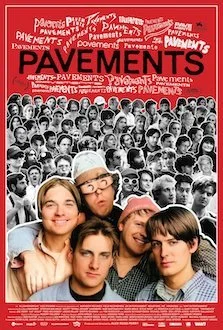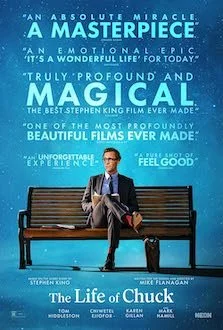Direction: Ron Howard
Country: USA
Eden, a survival thriller based on a true story and directed by Ron Howard (A Beautiful Mind, 2001; Frost/Nixon, 2008), boasts an impressive ensemble cast that includes Jude Law, Sydney Sweeney, Vanessa Kirby, Ana de Armas, and Daniel Brühl. But even with that star power drawing audiences to theaters, they’re unlikely to leave fully satisfied.
The scrip by Noah Pink explores rising tensions among early European settlers on Floreana Island in the Galápagos. The year is 1929. Reclusive Dr. Friederich Ritter (Law), a semi-renowned German philosopher, and his wife Dora (Kirby), who suffers from multiple sclerosis, savor their isolated life. Ritter is busy crafting a new philosophy he believes will save humanity from itself. Their solitude is soon disrupted by the arrival of the Wittmers (Brühl and Sweeney), followed by the flamboyant and deceitful French baroness Eloise von Wagner-Bousquet (de Armas, in her most irritating role yet) and her two companions. Her dream? To build a luxury hotel for millionaires on the island.
Howard’s unwieldy, cynical screen adaptation is over-staged and draped in noir tones. It’s a little too uneven to match the heights of the director's best work. Although watchable, the film veers into ludicrousness, culminating in spiraling chaos and a burst of physical and psychological violence. With a dark, overarching theme, this propulsive if shapeless tale feels as much flaccid as it is unfocused. Eden is such a mixed bag.








































